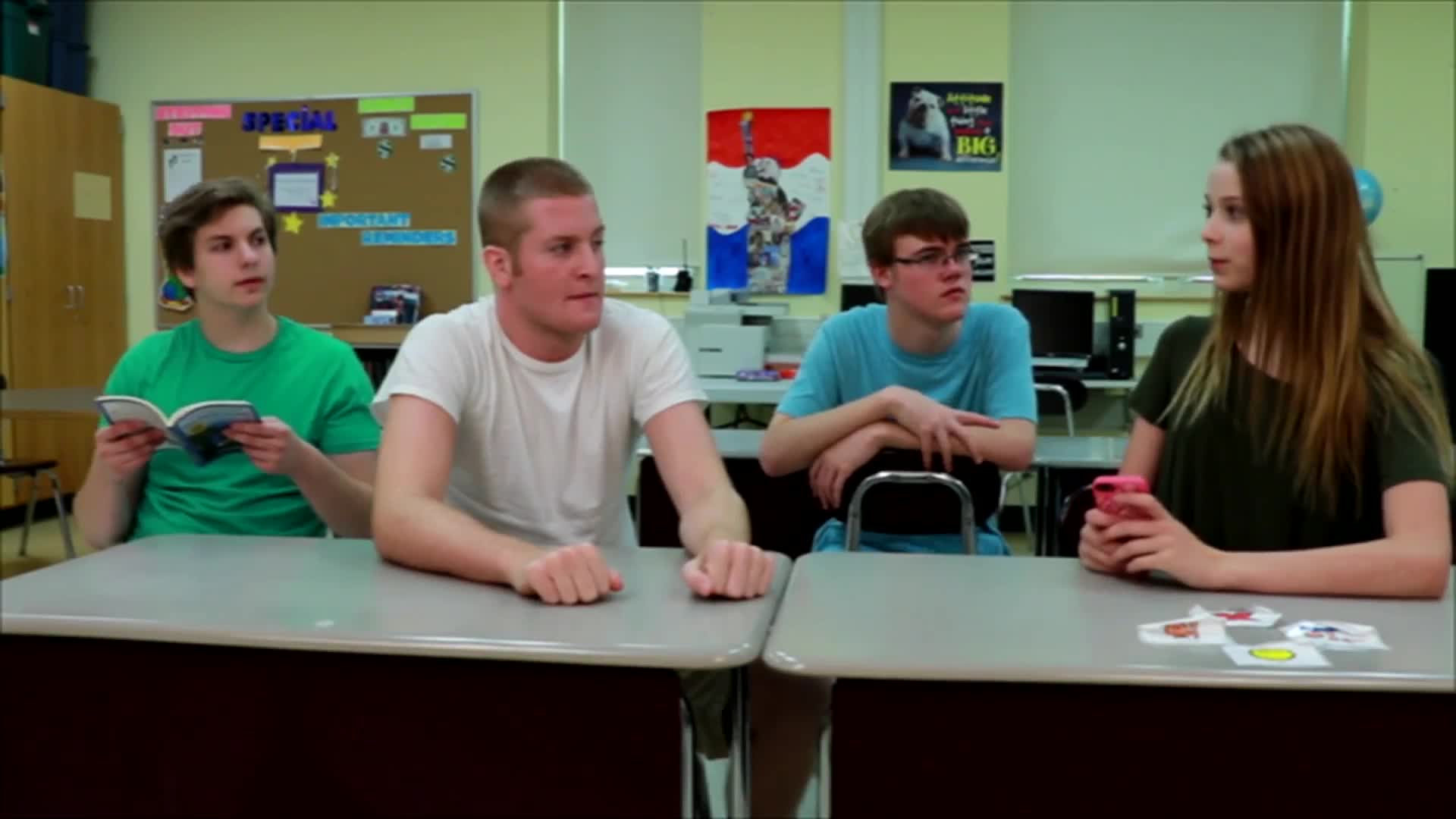
Introduction
Incorporating social-emotional learning (SEL) into the classroom is essential for students’ overall well-being and success. Emotions Bingo is an engaging, interactive activity designed to help special education students recognize and understand various emotions. This blog post outlines a no-prep activity, discussion questions, related skills, and next steps for educators to incorporate Emotions Bingo into their curriculums.
No-Prep Activity
Emotions Bingo is an easy-to-implement activity that requires no preparation or materials from the educator. The game involves students watching a video and guessing the emotions of the characters within it. As they identify each emotion, they mark it on their bingo board. The first student to get four emotions in a row – up, down, across, or diagonal – shouts “bingo!” and becomes the winner.
For example, the video may focus on a character named Christine, who is nervous about her upcoming class presentation. Students can identify her nervousness by observing her body language, such as wringing her hands or rubbing her legs. Once they correctly guess Christine’s emotion, they mark “nervous” on their bingo board.
Throughout the activity, educators can pause the video to discuss the emotions and encourage students to share their own experiences and feelings.
Discussion Questions
- What are some other ways people might show they are nervous, angry, or happy?
- Can you think of a time when you felt a similar emotion to the characters in the video? How did you handle it?
- Why is it important to understand and recognize our own emotions and the emotions of others?
- How can recognizing others’ emotions help us build better relationships?
- What strategies can we use to manage our emotions in challenging situations?
Related Skills
Beyond recognizing and understanding emotions, there are several other crucial social-emotional learning skills that students can benefit from. These include:
- Empathy: Understanding and sharing the feelings of others.
- Active listening: Paying full attention to the speaker and showing genuine interest in what they are saying.
- Effective communication: Expressing oneself clearly and respectfully, both verbally and non-verbally.
- Conflict resolution: Addressing disagreements in a healthy and constructive manner.
- Self-awareness: Recognizing one’s own emotions, strengths, and weaknesses.
Next Steps
If you’re interested in incorporating Emotions Bingo and other social-emotional learning activities into your classroom, sign up for free samples of these materials at Everyday Speech. By doing so, you’ll gain access to a variety of engaging resources designed to enhance your students’ SEL skills and overall well-being.

